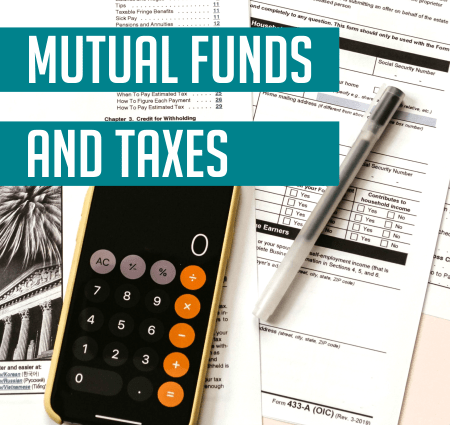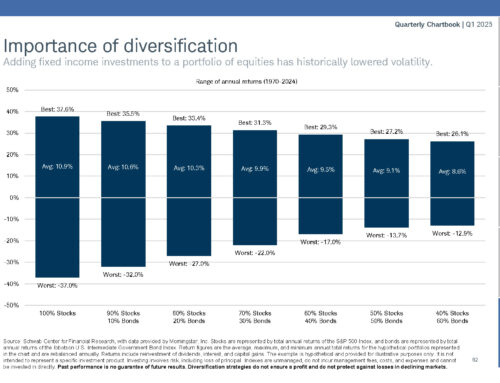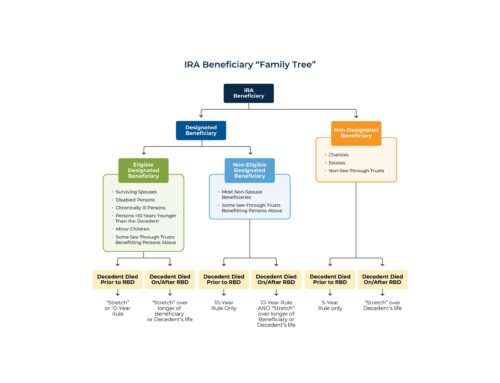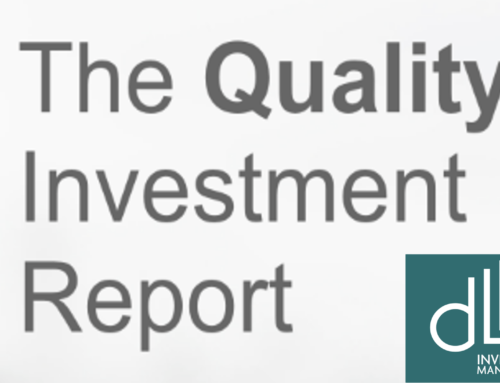Taxes and the Challenge with Mutual Funds
According to a March 2023 congressional report 60% of the 81 trillion dollars owned by US households are held outside of a retirement or tax advantaged account. For any of these accounts which hold mutual funds or exchange traded funds (ETFs) gains and losses taken during the year must be accounted for by the owners and the appropriate taxes paid.
If an investor owns the stock or the bond of a company, they have a measure of control over when they sell. They can then anticipate the taxes on their dividends and any gains taken. However, if an investor owns a Mutual Fund or an ETF they have very little control and can be forced to pay taxes even when they didn’t sell and even if the performance of the fund is negative for the year.
December is the time of year where the tax inefficiencies of the mutual fund structure really stand out and it is particularly glaring after the last two years where the investor might have lost money and is still being asked to pay taxes. Why does this happen?

Each investor in a mutual fund owns a share of the portfolio, much like each passenger on a bus has access to their own seat. The bus solves a problem for group transportation just like the mutual fund structure solved for investors when they were formed in the first half of the 20th century. The transaction costs of owning a small amount of a stock or bond were extreme and the benefits of pooling your money with others outweighed the costs of having to pay taxes when someone else wanted to get off the bus.
In summary, when your fellow mutual fund shareholder sells, it can create a tax liability for everyone and thus you must come up with additional dollars to pay your taxes. If possible, do not own a mutual fund or an ETF in a taxable account.
There are a few benefits to knowing what you own. There are equally, if not more, benefits to understanding what you don’t own and why.






